From May 21—June 3, eight students from Utah Valley University (UVU) traveled to the banks of the Amazon River in Peru to conduct international research and consulting for the Heliconia Amazon River Eco Lodge.
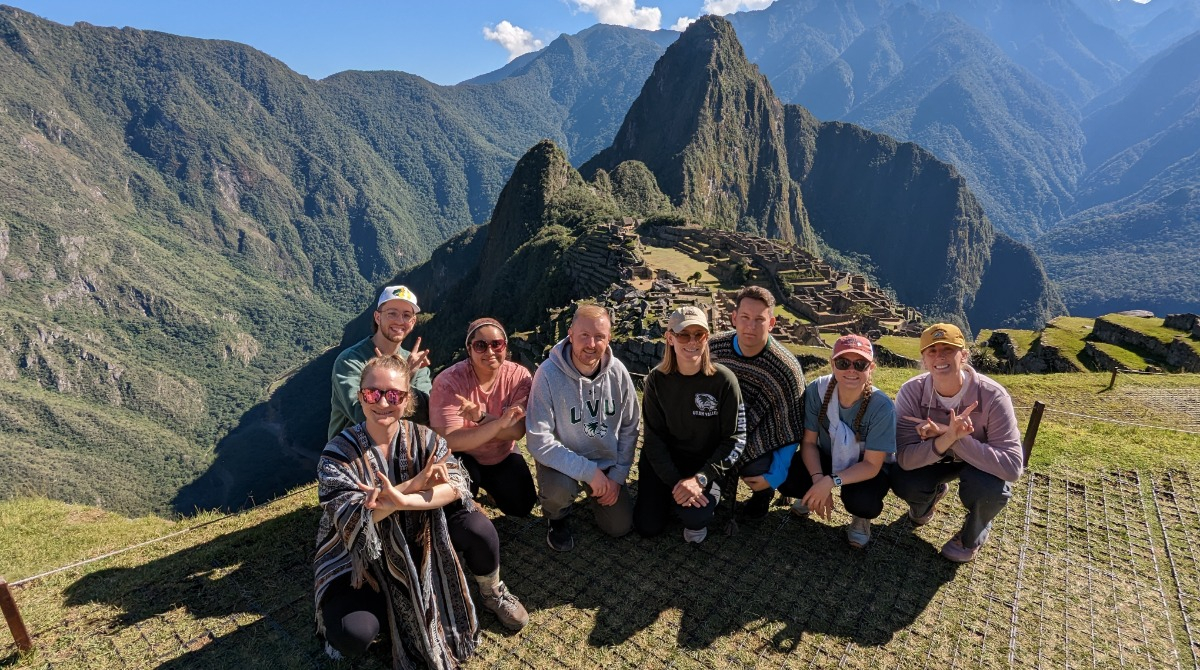
The grand heights and sweeping vistas of the Andes Mountain Range are home to a sophisticated ecology comprised of glaciers, volcanoes, deserts, grasslands, forests, lakes, and rivers. The Andes shelters 30,000 vascular plant species and almost 1,000 species of animal life ranging from alpacas to chinchillas to condors.
From May 21—June 3, eight students from Utah Valley University (UVU) traveled to the banks of the Amazon River in Peru to conduct international research and consulting for the Heliconia Amazon River Eco Lodge.
“Our project focused on kind of the way that the lodge itself is ran and how it has a relationship with the neighboring community called Palmeris,” said Jessica Pauly, faculty advisor and assistant professor of communication. “We were really using this as a case study to understand conscious capitalism and environmentalism from a business perspective.
Pauly’s students conducted interviews with the staff members at the lodge. They also met with Palmeris community members to ask them questions about the relationship between the community and the Heliconia. Such questions as, “Do the community members like it when tourists visit their community? What are some of the lodge’s and community’s future plans?”
According to Pauly, the consulting work aspect of the project proved difficult at first for her students as issues and improvements aren’t always readily apparent at the start.
“With consulting work, it's not a typical course assignment,” she said. “You aren't handed the expectations ahead of time. You kind of have to figure them out. My students, the first day or two, were kind of struggling a bit to figure out what are we doing and what this consulting project [is] all about.
I guided them [in] asking questions and making sense of the Eco Lodge and the Palmeris community members. What happened was really wonderful.”
These intrepid Wolverines, ranging in majors from communication to nursing, synthesized their findings into a consulting presentation to take to the lodge’s owner. The students proposed the owner of the ecolodge enhance his website to shine a light on the Palmeris community members and their needs, showing that the lodge not only does right by the environment but by its people.
Applied communication major Dylan Cox remarked that his time on the study abroad helped him understand the importance of asking questions to truly learn about others.
“It’s important to get out and see how other parts of the world operate,” he said. “I also think it's very important to talk to people and learn about different cultures and lifestyles. It's only by asking questions that we can learn.”
Dylan was the team’s copywriter and helped pen the proposed mission statement and copy for the group presentation.
Applied communication major Austin Skousen echoed Cox’s sentiments, stating that his time in Peru helped not only his educational resume but expanded his mind.
“In addition to traveling to an amazing country, in addition to getting college credit, in addition to having something amazing to put on my LinkedIn and my resume, I wanted to feel like what the work we were doing was actually making a difference to them and not just making us feel good,” Skousen said.
“I feel that this project is something that is not only going to affect the livelihood of those people that live in those villages, but since UVU is going to be sending people next year and potentially annually to Peru, this is now a legacy where we were able to lay the foundation for future students that are going to go and potentially build on this project in ways than we could not have imagined.”
Skousen helped identify critical needs in both the lodge and neighboring communities, such as concrete sideways so school children don’t get muddy as they travel, better lighting, and repairs on community bridges. He also helped propose the lodge owner create a donation tab on the lodge website where tourists can contribute for the good of the community they are visiting.
“When we gave the presentation to the lodge owner, it was a resounding success,” Skousen said. “He said he was going to give all of the things that we typed to his webmaster, who would then publish it to the lodge’s site.”
Public relations student Carol Chatwin said the consultant work she did in Peru with her cohort was an engaged learning experience like none other.
“This was a very engaged experience,” she said. “I have read about people doing this sort of work. I never thought I would be doing it as well. It was just wild to be in the hot seat instead of reading about the hot seat.”
When not working on their project, the students spent their time doing service learning and even got a chance to tour the famous Incan ruins in Machu Picchu.
Dr. Pauly reiterated the importance of getting college students out of the classroom and into the world to gain their education and perfect their respective crafts.
“When we venture beyond our comfort zone, I think that we are able to learn new things not only about ourselves but see the value of the education that we have had,” she said. “When you put yourself in a situation not like your own, I think that that is where you are able to really see not only the meaning of who you are and what you have to contribute, but you can start to connect with other people in new and profound ways.”
“It really just highlights the value of communication and relationships, of sharing knowledge and experiences together,” Pauly added. “When you take away the classroom, and you take away specific assignments with printed paper rubrics and such, you can really find that learning happens in a myriad of ways.”
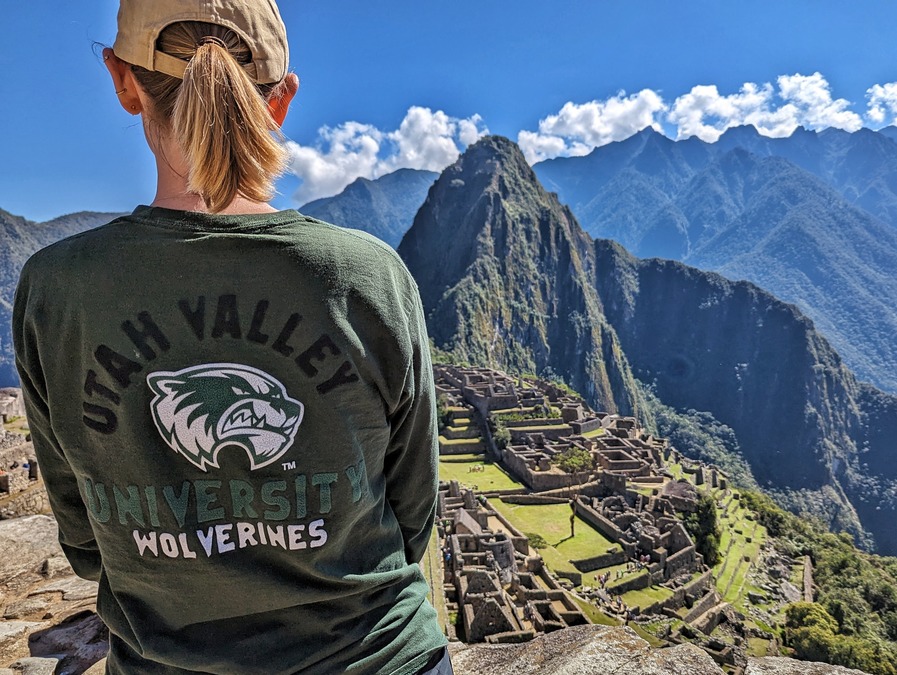
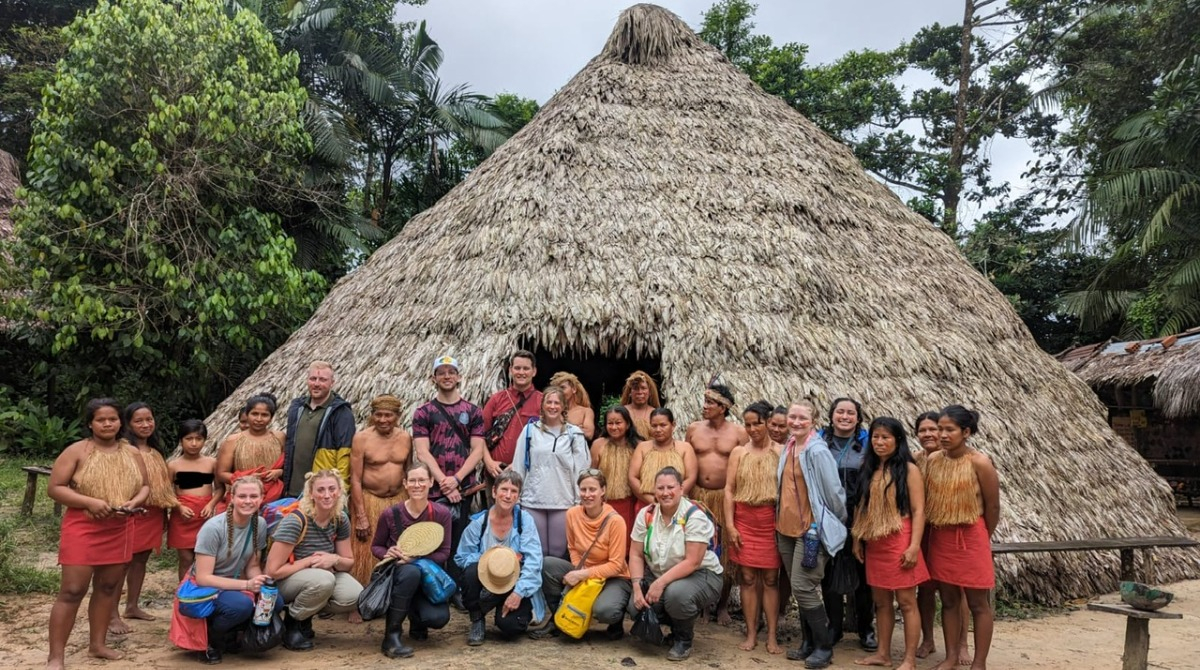
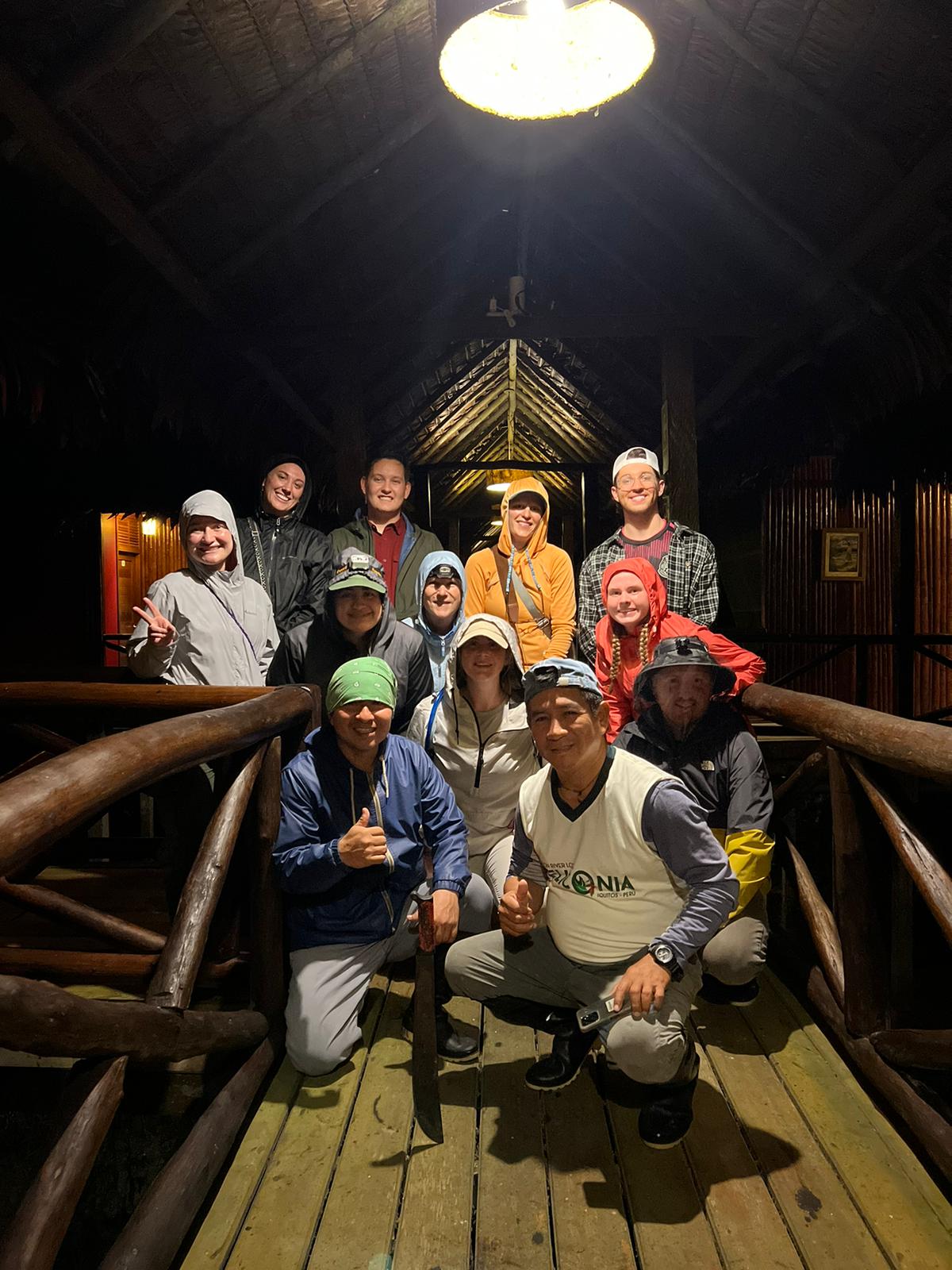
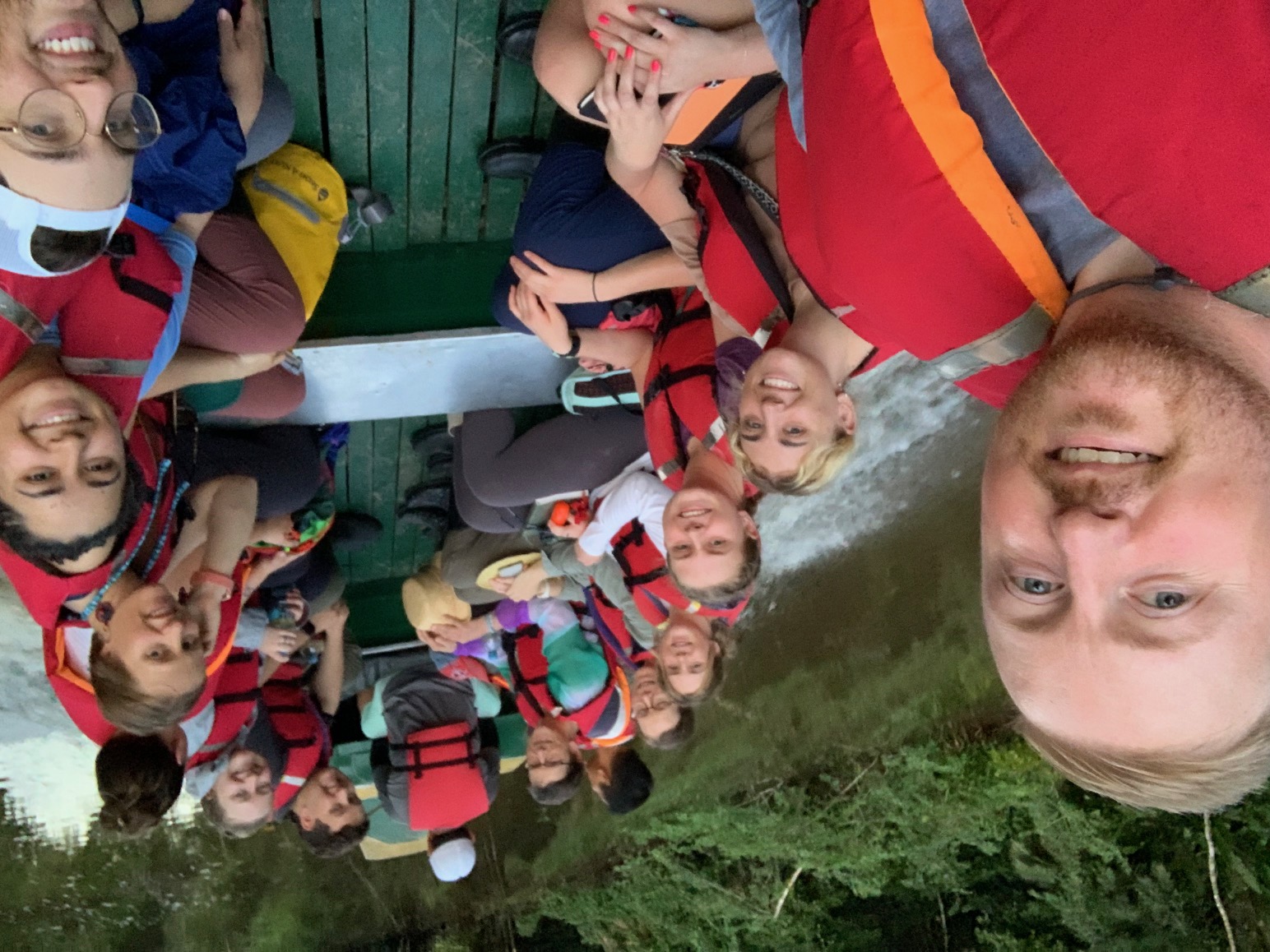
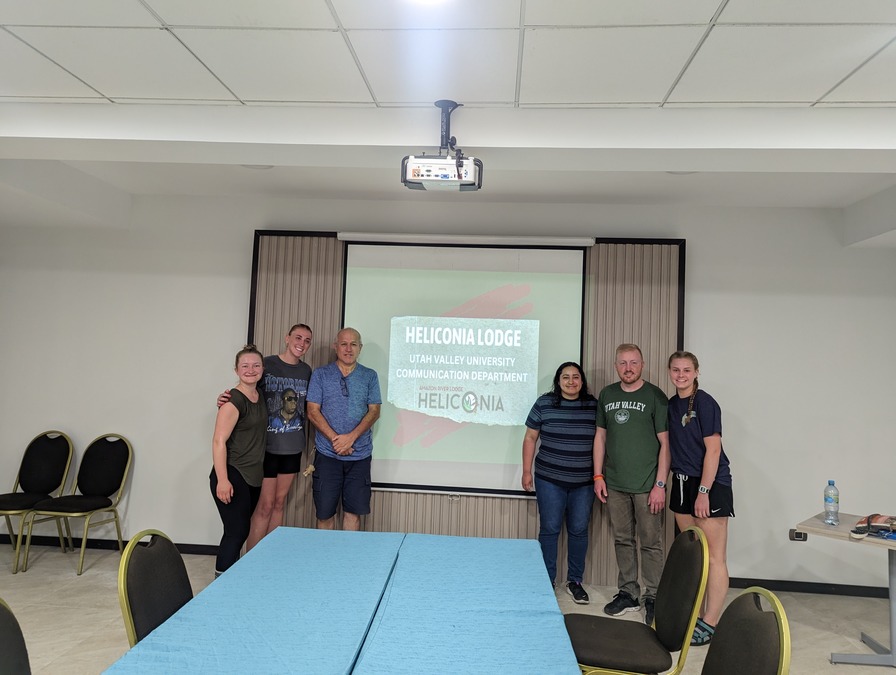
Photo courtesy of Jessica Pauly